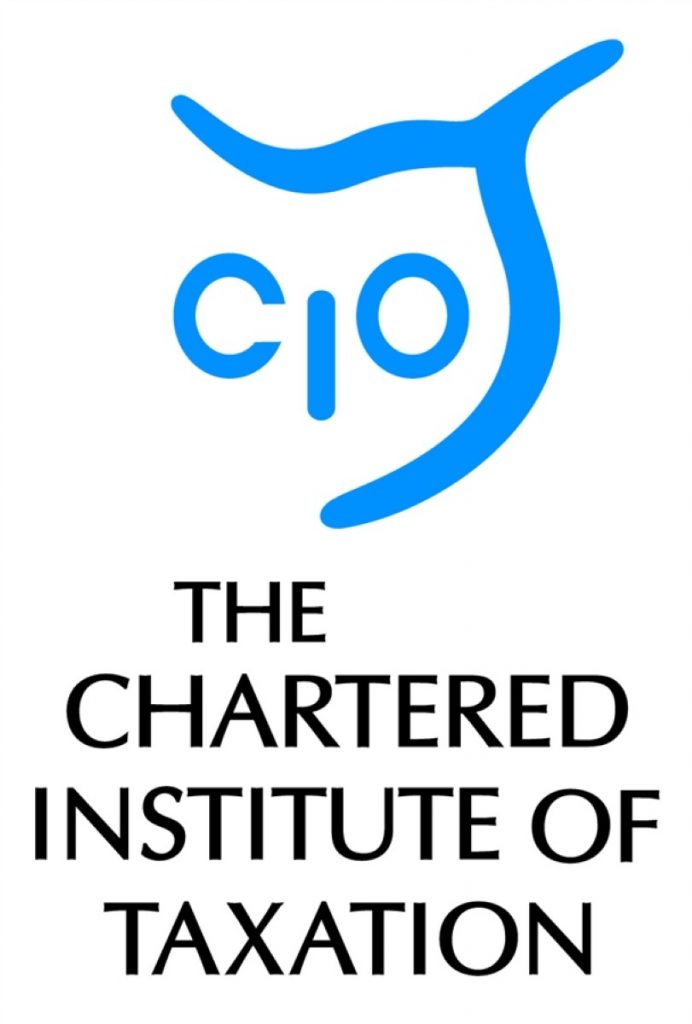The Chartered Institute of Taxation (CIOT) has welcomed HMRC’s decision to exempt many small businesses from new tax reporting obligations, laid out in a series of consultations by the Government today.
The Institute also welcomed confirmation in the consultation documents that people considered to be digitally excluded will be exempt from obligations under the new Making Tax Digital (MTD) project. Furthermore, the CIOT supports HMRC’s plan for a ‘soft landing’ on penalties during the first year for businesses when it comes to fulfilling their new MTD obligations.
The CIOT will now begin a detailed assessment of the six consultation papers on MTD that have been issued by HMRC today.1
Adrian Rudd, Chair of the CIOT’s Digitalisation and Agent Strategy Working Group, said:
“We welcome the announcement that small unincorporated2 businesses will be exempt from the requirement to keep digital records and quarterly reporting, and the deferral of mandatory MTD reporting for the next tier of small businesses. It is a step in the right direction in terms of HMRC taking into account that all businesses in the UK do not have the same time, resources or ability to manage such a huge change.
“The CIOT has had significant dialogue with HMRC since the MTD proposals were announced. We look forward to engaging with our members and HMRC on the detailed policy design of MTD so that it works effectively for taxpayers, agents and HMRC.
“The proposals remain ambitious and wide-ranging, and the CIOT encourages HMRC to take heed of feedback received to date, and during the consultation process, to ensure that MTD is fully tested and fit for purpose for those larger businesses who will have to comply from April 2018 onwards.”
Today is the start of the formal consultation period but HMRC has been engaging with stakeholders such as CIOT since MTD was announced last year. HMRC has said that much of the content of today’s consultations has been informed by that engagement.
Adrian Rudd, said:
“Just because someone can use a smart phone to make calls and send text messages, does not mean that they will be able to keep accounting records on a smart phone or other digital device. HMRC must not underestimate that many people have difficulty using technology, and it is reassuring that HMRC have confirmed both that those who are digitally excluded will be exempt from MTD, and that there will be a ‘soft landing’ on penalties during the first year of a business’s MTD obligations. Financial support will also be available to some businesses to enable the transition to MTD.
“We also welcome the parts of the consultation on simplifying elements of the tax system, a system that is becoming increasingly complex, even for individuals and businesses with the most straightforward of affairs.
“Even with reduced complexity, many taxpayers will continue to use agents to file their returns, for instance because they remain fearful of making a mistake, or because they would rather concentrate on running their business. MTD needs to allow taxpayers the choice of authorising their agent to do as much or as little as the taxpayer instructs them to do, and development of MTD for agents must keep pace with that for taxpayers themselves. HMRC’s plans to allow agents to access their client’s accounts through third party software is welcome, but taxpayers might need assistance at a more granular level, such as basic recording keeping and submission of quarterly updates, and agents should be able to assist with that, too.”
Notes for editors
1. The consultations have been long anticipated, and cover the following areas:
- Bringing business tax into the digital age
- Transforming the tax system through the better use of information
- Tax administration
- Voluntary pay as you go
- Simplifying tax for unincorporated businesses
- Simplified cash basis for unincorporated property businesses
2. Being unincorporated means that the organisation has no separate legal identity of its own. The full risks and liabilities involved in running the organisation or business are taken on by the individuals who own and/or manage.
3. The Chartered Institute of Taxation (CIOT)
The CIOT is the leading professional body in the United Kingdom concerned solely with taxation. The CIOT is an educational charity, promoting education and study of the administration and practice of taxation. One of our key aims is to work for a better, more efficient, tax system for all affected by it – taxpayers, their advisers and the authorities. The CIOT’s work covers all aspects of taxation, including direct and indirect taxes and duties. Through our Low Incomes Tax Reform Group (LITRG), the CIOT has a particular focus on improving the tax system, including tax credits and benefits, for the unrepresented taxpayer.
The CIOT draws on our members’ experience in private practice, commerce and industry, government and academia to improve tax administration and propose and explain how tax policy objectives can most effectively be achieved. We also link to, and draw on, similar leading professional tax bodies in other countries. The CIOT’s comments and recommendations on tax issues are made in line with our charitable objectives: we are politically neutral in our work.
The CIOT’s 17,600 members have the practising title of ‘Chartered Tax Adviser’ and the designatory letters ‘CTA’, to represent the leading tax qualification.





-01.png)